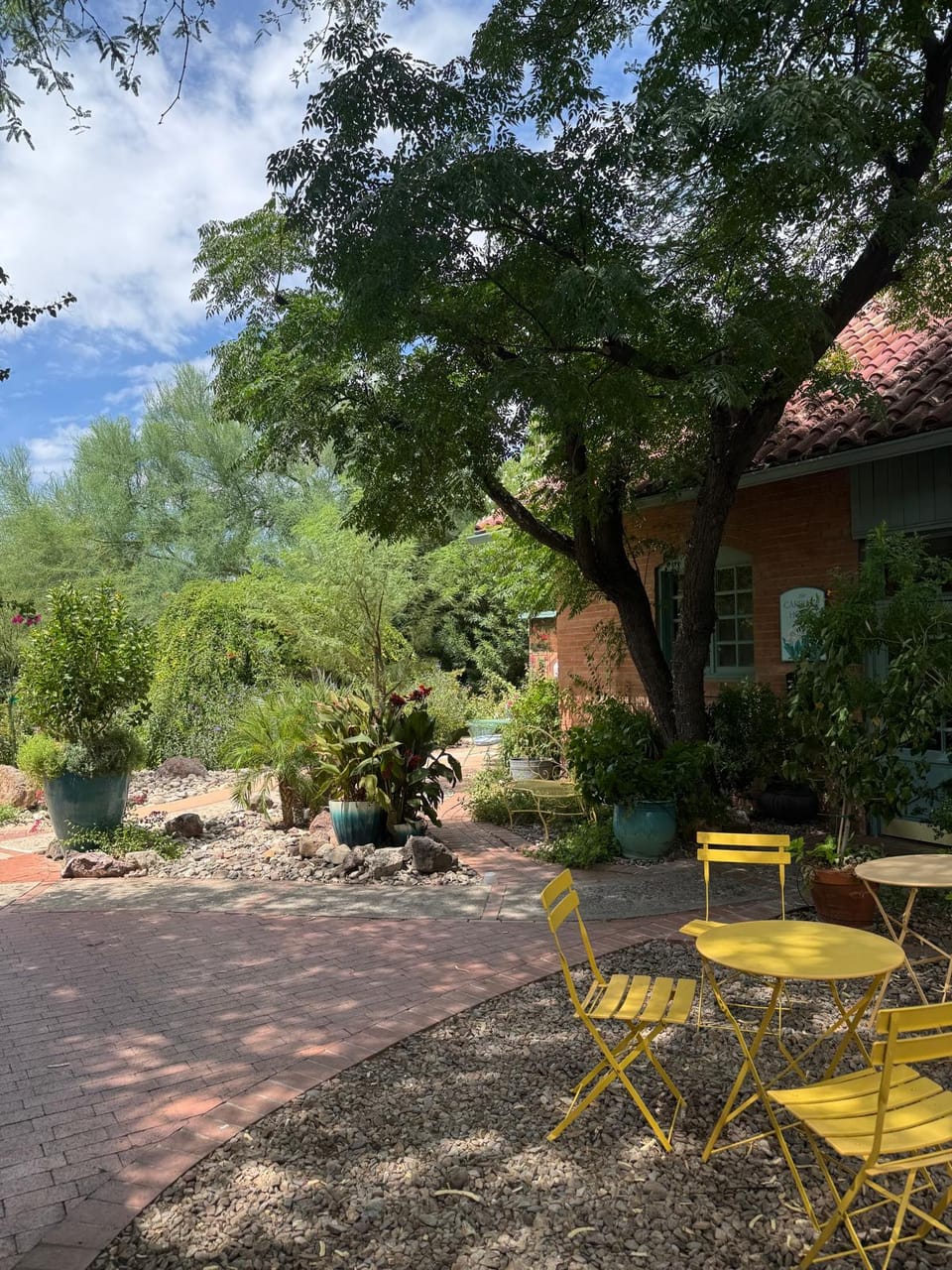Therapy and independent work

This is a brief reflection on therapy, the situations I've had to deal with recently, and the relevance of doing independent work.
Therapy...with who?
One of the key aspects that prevented me from connecting with a therapist, or even just starting the conversation about a potential intake with anyone, was related to my identity and the identity of the person I'd like to speak to. Should I be looking for an immigrant? Should I be looking for someone who speaks Spanish? Should I look for a Black therapist? Should I look for someone interested in supporting academics? Do I have a preference for a woman, man, or LGBTQ+ therapist? Do I want in-person interactions? Do I want to be on Zoom? Should I just go through my insurance in the US? Should I look for someone in Colombia?
Years ago, I would have called myself indecisive and wouldn't have made a decision on what I really wanted, even if I needed it. This time, after months of research, I finally saw myself being listened to by an immigrant, bilingual (English/Spanish) woman who has experience talking to academics, offers in-person visits, and didn't have an extreme waitlist.

Doing my share of research
The first few sessions of therapy were interesting. They were intense for me, and I felt like she was also feeling a bit concerned about the situations I was going through—how much anxiety and how damaging some actions I had just experienced were for my mental health and well-being.
She was very emphatic about the need to ground myself and take time off, to reflect and refocus on me. I showed up every single time with new information—details about my living experience. I was there also reflecting and being critical about my role in some situations. I felt vulnerable many times, but I was happy she was there listening and open to commenting or providing suggestions on how to cope with particular feelings or situations.
At some point, I concluded that weekly appointments were too spaced out given what I was going through. And even though reflection and healing were things I was interested in working on for myself, I needed to understand more about me and about this person. Why would someone ask me to go to therapy after they hurt me like that? As I see it, they knew they were hurting me and that I would need help. They even asked my relatives to take care of me because they were about to hurt me.
I borrowed books from the library on a variety of topics concerning social interactions, relative to the specific situation I was in. I also purchased at least 5 books on the subject, most of them selected based on the initial readings I did at the library.
In a couple of weeks, I went through each of those books (maybe 10 or so?). I would wake up, read...go to work...come back home and go back to bed reading these books. I would switching back and forth between them. I wanted to understand what was not explained to me. I became absorbed in understanding that contrast and nonsense. That lack of communication but clarity on causing pain.
One day, I woke up deciding that irrespective of how much I read about the situation I was going through, theoretically, that wouldn't have changed how I felt about the context. I was, of course, understanding more about patterns I see in myself or around me. However, I wasn't actually getting to talk about how I was feeling as a person. I was actually obsessing over things that, even though related to me, weren't allowing me to move on and heal.
So..therapy...
Yet again, I went down the usual path of trying to do more than is expected in a given situation. I wanted to use my time more effectively to be ready to have a more informed conversation about my life with a person who's there to listen. That is, after all, how I make a living.
I read books and did my best to ensure I was working on this independently and exhaustively. The sessions did benefit a little from me contextualizing some of those situations as non-neurotypical behaviors, but the conversations pertaining to my experience and what books said weren't equivalent. There was and is so much value in having a person listen to you and provide suggestions, ask questions, reflect with you, or make you reflect.
Doing my homework meant that I would read about topics and concepts for the sake of additional clarity, but not as a replacement for personal reflection, either during or between sessions.

I now take a more straightforward and vulnerable approach to therapy. I go with my feeling and thoughts ready to be expressed. I don't exhaust myself with other conversations.